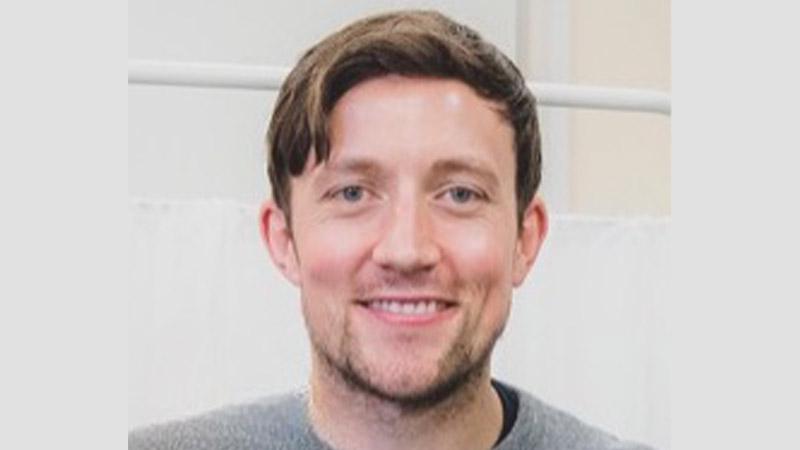Paul Hough, Sport and Exercise Scientist accredited by The British Association of Sport and Exercise Sciences and Lecturer in Sport and Exercise Physiology at the University of Westminster, recently spoke to The Revive Stronger Podcast on the topic of sleep and performance. He discussed his current study that investigates if a small reduction in sleep influences cognitive function, the execution of a fine motor skill and muscle power and force.

The podcast episode discusses various topics regarding sleep restriction such as Hough’s study, its correlation to the circadian rhythm, sleep extension, sleep debt and banking sleep. Later in the podcast, Hough discusses topics from his book titled Advanced Personal Training: Science to Practice. This includes the correlation between muscle mass and calorie burning as well as the accuracy of fitness trackers, such as Whoop and Oura ring.
Hough’s current study addresses whether a small reduction in sleep across a period of three days influences cognitive and physical performance. He stated that most sleep-based research uses a sleep deprivation model in which participants stay awake for 24 hours or more. However, this is not realistic to the average individual. Hough works with high-performance athletes who lose small periods of sleep, i.e. two to three hours across a few days, and said that this is more representative of what happens in the real world.
“It has also got real world application to other occupations that involve shift work or irregular working patterns, maybe being on call. So, emergency responders, firefighters, police, paramedics – they’ll often experience this as part of their working patterns,” Hough said.
He added that the effects of reduced sleep are not immediately obvious, which is also an interesting aspect of doing this kind of research.
“We get individual responses to sleep restriction. Because there has been a lot of research done in sport and exercise science on sleep, it has become a lot more well-recognised that sleep is important for performance, but from that, some people have extrapolated findings from sleep deprivation research whereby they will say, ‘So, look, if you don’t sleep well, your performance and recovery is going to be impaired,’ but in actual fact, there is a very individual response where some people cope quite well with losing sleep.”
Paul Hough has been teaching in Higher Education for over ten years, with his main responsibilities across undergraduate and postgraduate courses at Westminster. This includes leading Sport and Exercise Physiology modules, supervising dissertation students and personal tutoring. His other areas of interest include wearable health and fitness technology, high-intensity interval training (HIIT) and resistance training. His study is currently being conducted at St Mary’s University Twickenham London where he is studying his PhD.
Listen to the full podcast on Revive Stronger.


